Experts are increasingly alarmed about counterfeit versions of Ozempic and other popular weight loss drugs.
These imitations can appear convincingly real but may contain dangerous substances or entirely different drugs.
Fakes Sold Online in Multiple Countries
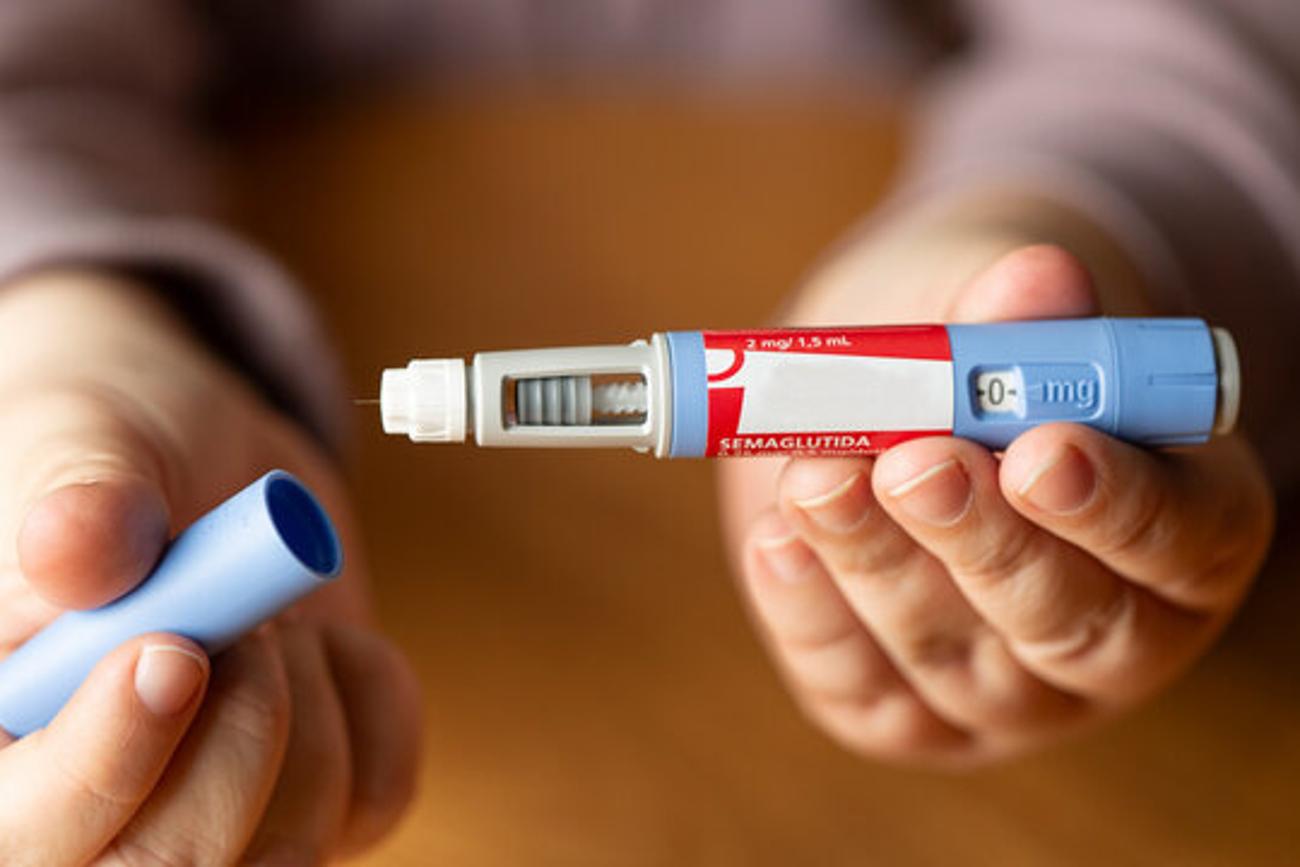
In June, the World Health Organization reported fake batches of Ozempic in the United States, the United Kingdom, and Brazil.
Around the same time, Eli Lilly raised concerns about counterfeit versions of its drugs, Mounjaro and Zepbound, being sold online, on social media, and at medical spas.
“A Recipe for Disaster”
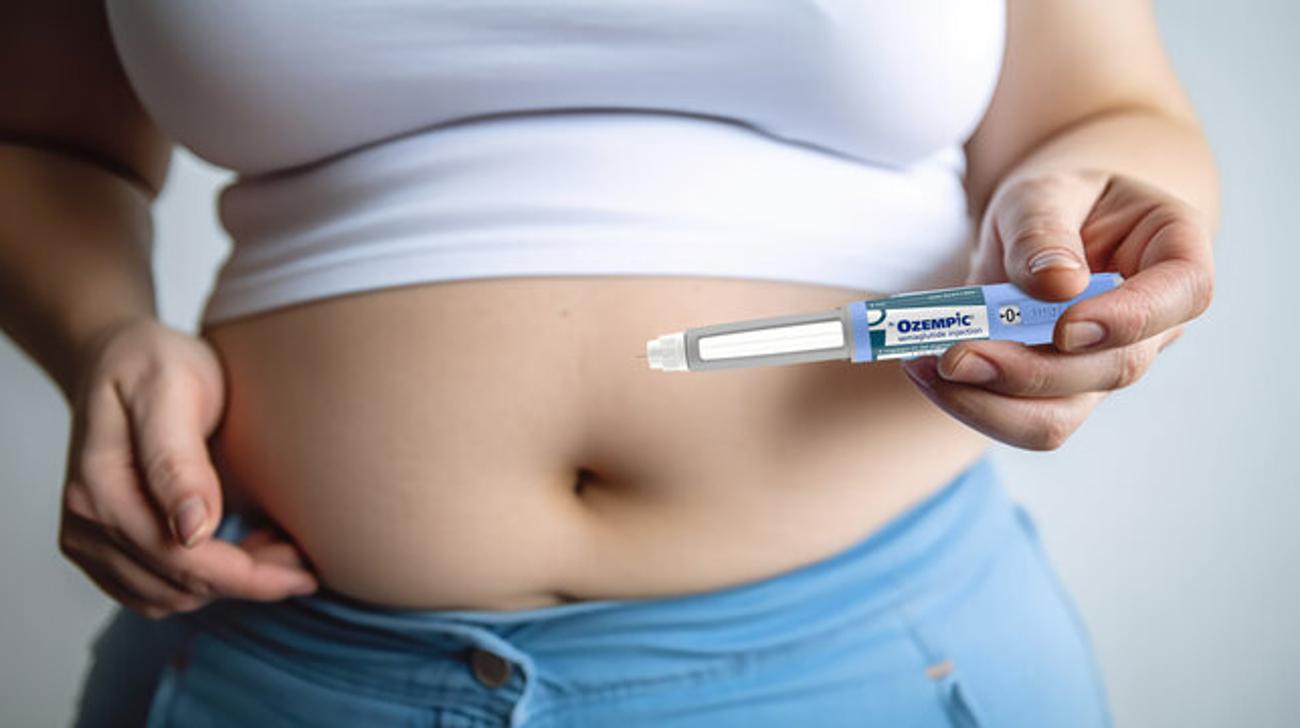
Experts in the counterfeit drug market find these discoveries troubling, though not unexpected. The drugs are expensive, hard to obtain, and highly sought after.
“Such high demand and short supply and such a desperate population — that’s a recipe for disaster,” said George Karavetsos, former director of the Food and Drug Administration’s Office of Criminal Investigations.
Counterfeit Market Thrives Online

Consequently, a counterfeit market has developed, with fake drugs sold online at low prices without prescriptions or doctor consultations.
Some websites even have storefronts claiming to sell semaglutide, the active ingredient in Ozempic, which customers can add directly to their online shopping carts.
Rise of Fake Drugs
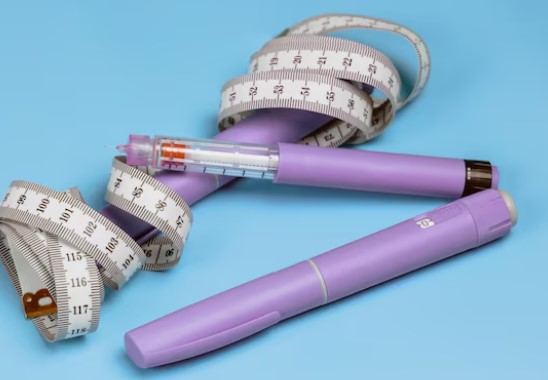
The National Association of Boards of Pharmacy has identified thousands of websites illegally selling drugs like Ozempic, including counterfeit versions, leaving patients unable to verify the contents.
Shabbir Imber Safdar, executive director of the Partnership for Safe Medicines, expressed concern over the rise of fake drugs and the popularity of compounded semaglutide and tirzepatide, the substance in Mounjaro.
Compounded Semaglutide Faces Regulatory Warnings

While compounded drugs from pharmacies following best practices should contain FDA-registered ingredients, regulators have warned about adverse events linked to compounded semaglutide, noting these medications face less oversight than approved drugs.
Counterfeit drugs, often sold by unregulated and unlicensed online vendors, pose significant risks.
Alarm Bells Raised
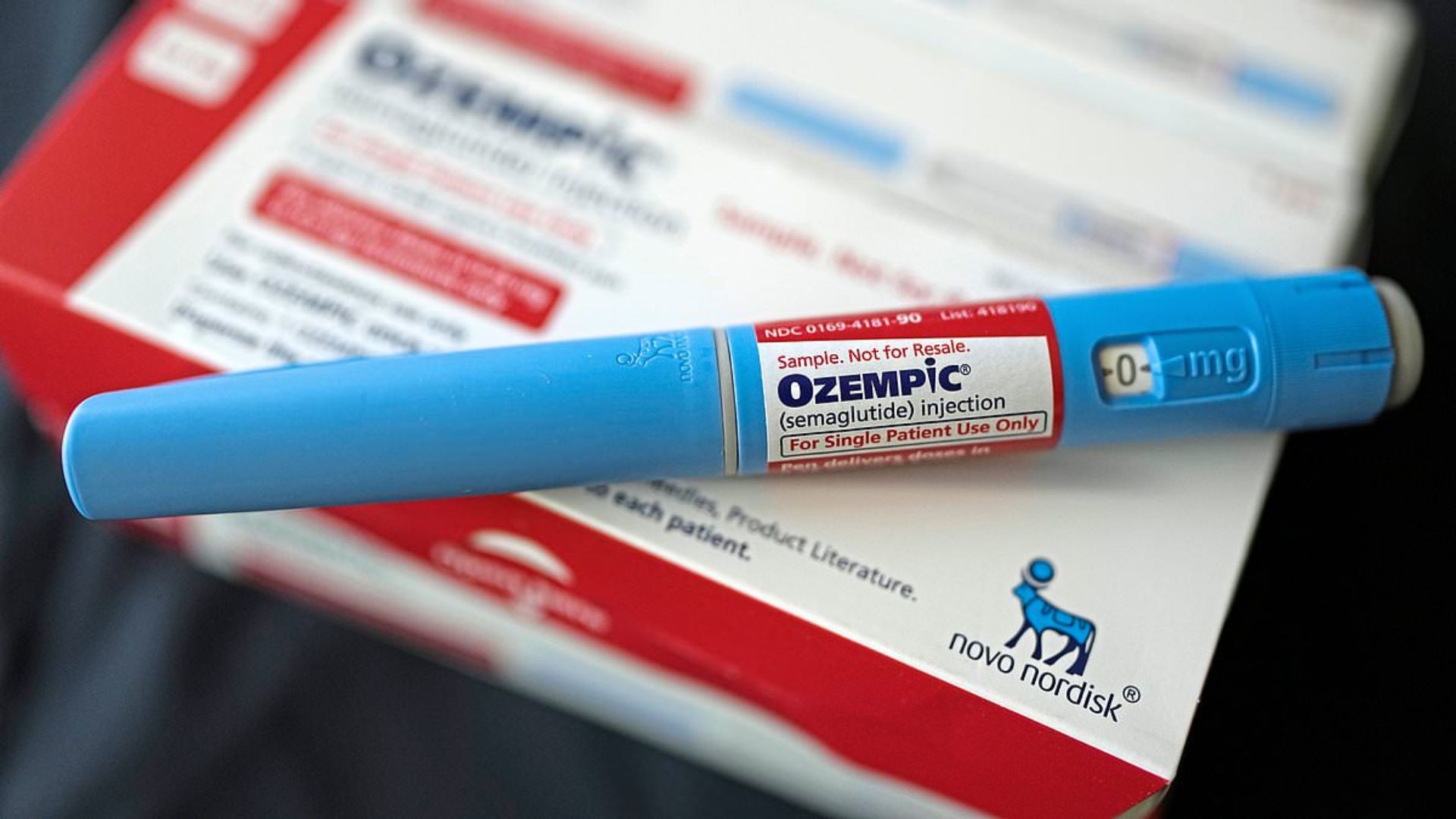
Though data on the prevalence of counterfeit Ozempic is scarce, doctors and researchers are deeply concerned about the dangers to patients.
Fake Ozempic may contain impure semaglutide, dangerously high doses, or other drugs, according to Timothy Mackey, a professor at the University of California, San Diego, who studies counterfeit medications. Often, online vendors sell research-grade chemicals, unsafe for humans, as semaglutide.
Fake Labels on Insulin Pens
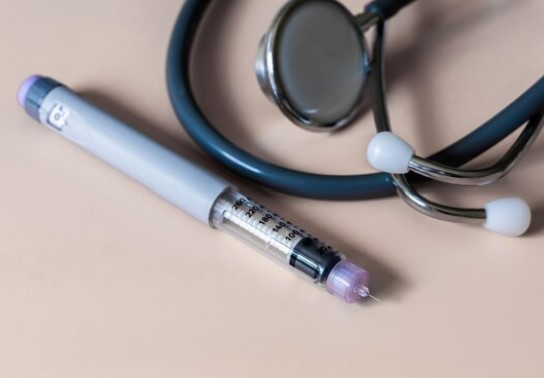
Fraudulent Ozempic labels are also sometimes placed on insulin pens. After fake Ozempic caused hospitalizations in Austria last fall, health officials suspected the substance was insulin.
Reuters reported that in January, three people in the United States developed hypoglycemia, or dangerously low blood sugar, after taking suspected counterfeit Ozempic.
Online Scams

In their research, Mackey and his colleagues attempted to purchase fake Ozempic online. Some orders never arrived, and some vendors demanded an extra $1,000 to get the drug through customs. “It’s getting kind of crazy out there,” Mackey said.
Counterfeit medications are always dangerous, but fake Ozempic is particularly risky because it is injected. Manufacturing sterile injectable drugs is extremely challenging, Safdar noted. One of the biggest dangers arises from consumers buying these drugs online without doctor supervision.
Regular Monitoring is Essential

Dr. Melanie Jay, director of NYU Langone’s Comprehensive Program on Obesity, emphasized that individuals seeking drugs like Ozempic should always consult licensed medical providers for comprehensive care.
Doctors need to regularly check in with patients using these medications to monitor progress and manage potential side effects.
FDA Seizes Thousands of Counterfeits

Fake Ozempic can also infiltrate traditional healthcare settings. In June 2023, Ozempic manufacturer Novo Nordisk reported that a counterfeit pen purchased at a U.S. pharmacy actually contained insulin.
In December, the FDA seized thousands of units of counterfeit products within the legitimate drug supply chain. However, Safdar said it’s rare for counterfeit drugs to penetrate that far undetected.
Watch for Pricing Irregularities and Packaging Errors
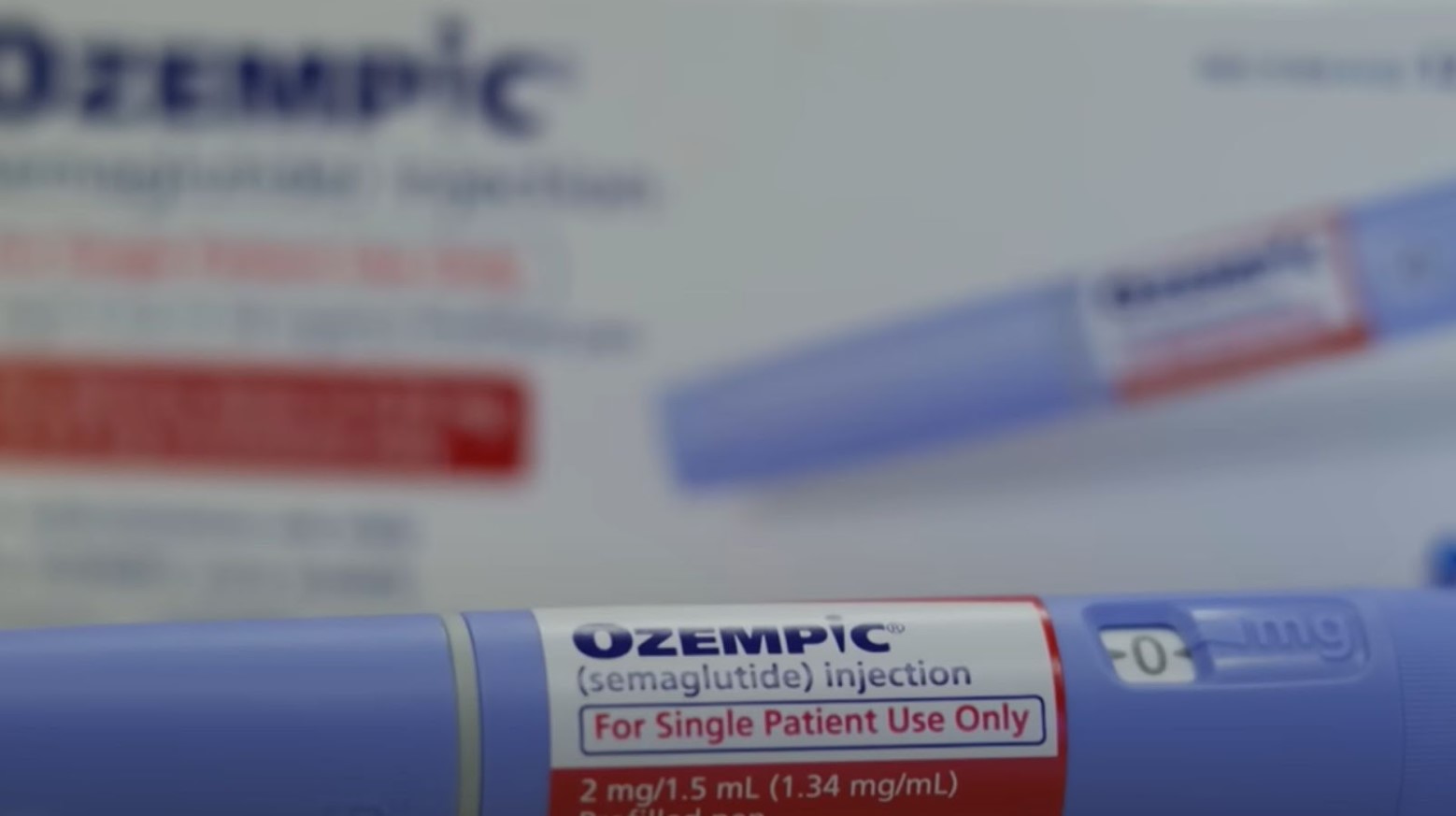
It’s more common for people to take fake Ozempic when buying from unlicensed online vendors or medical spas. Consumers should be cautious of products sold at significantly lower prices than the official list price of drugs like Ozempic.
Counterfeit medications may have subtle irregularities, such as spelling mistakes on the packaging. The World Health Organization also noted that falsified products might have flimsy labels that don’t adhere well to the pen.








































